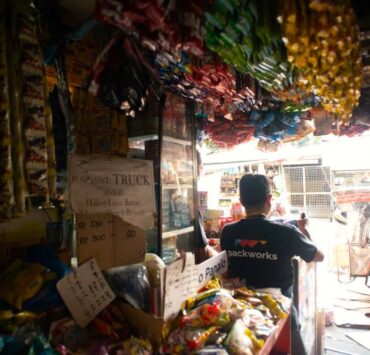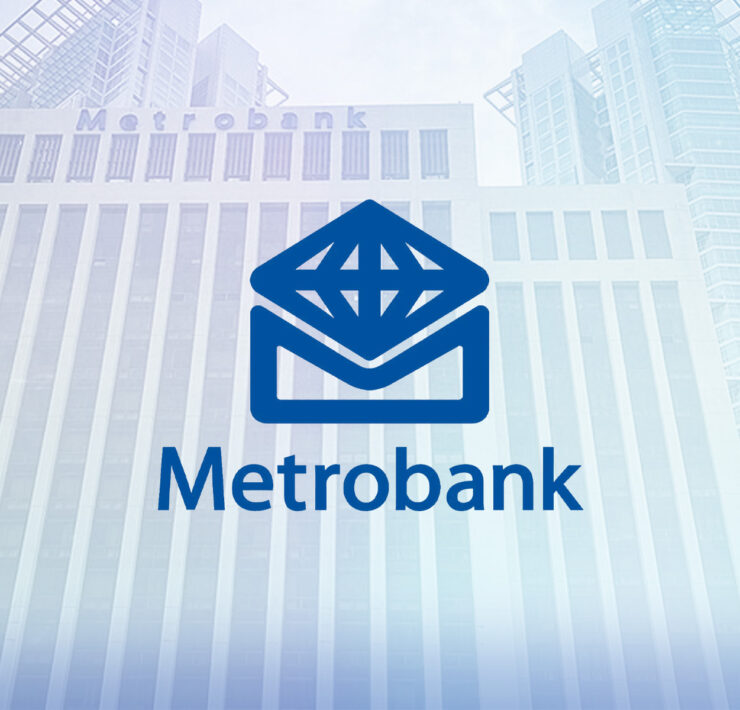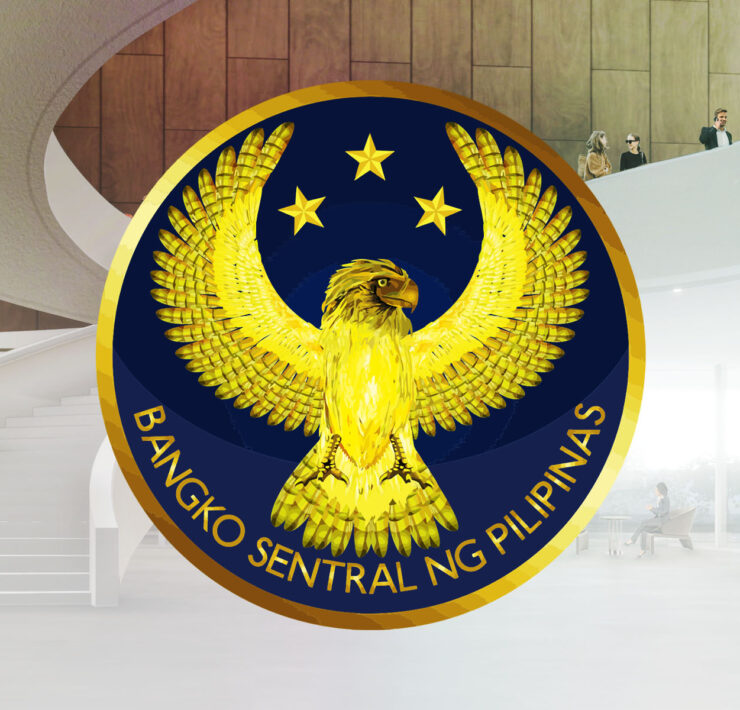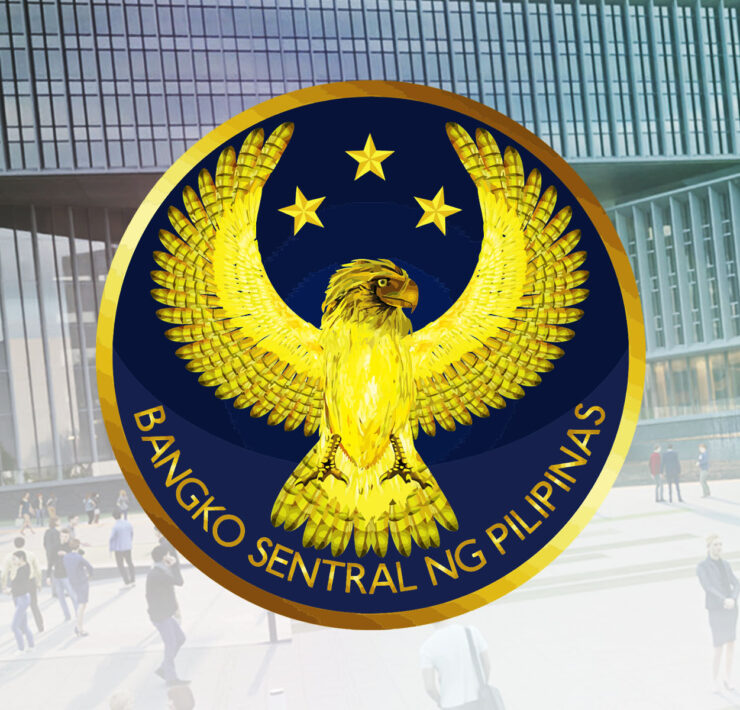BIZ BUZZ: BSP plugs whistleblower gaps

After the “ghost employees” scandal dented its reputation, the Bangko Sentral ng Pilipinas (BSP) is moving to tighten its whistleblower protection program.
Exactly how the central bank plans to do this remains under wraps. But the idea is simple: prevent abuses from festering by making it safer for employees to speak up.
There’s no shortage of templates. At the national level, Republic Act No. 6981—or the Witness Protection, Security and Benefit Act—already exists to encourage witnesses to testify by shielding them from reprisals and economic dislocation.
Closer to home, the Governance Commission for GOCCs, which supervises government-owned and -controlled corporations, recently issued a revised program that guarantees protection against retaliation—whether dismissal, harassment, discrimination or “any other adverse employment action”—for individuals who report violations in good faith.
The Securities and Exchange Commission has also drafted its own whistleblower policy, with support from the United Nations Office on Drugs and Crime, to ensure whistleblowers are adequately protected from retaliation when reporting wrongdoing.
In the private sector, companies such as Del Monte Philippines, Bank of the Philippine Islands and Sun Life Philippines have likewise put their own frameworks in place.
Plenty of models to follow. Now it’s up to the BSP to prove it can turn lessons into lasting reform.





















